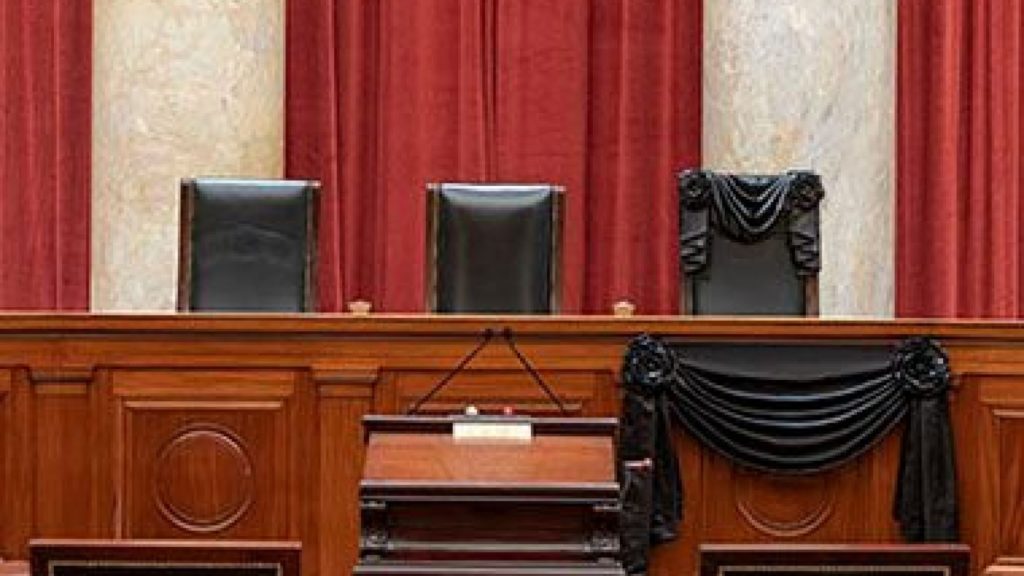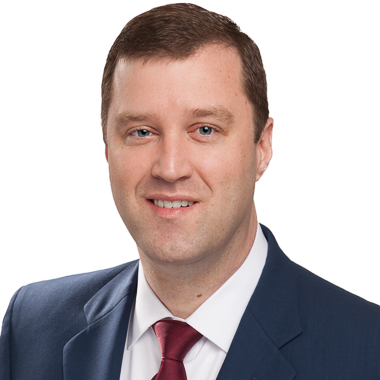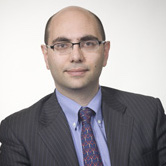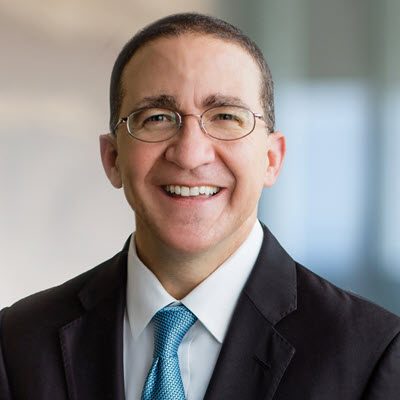
US Supreme Court draped in mourning for Ruth Bader Ginsburg
The most recent term of the U.S. Supreme Court was like no other. But with the death of Justice Ruth Bader Ginsburg on September 18, the term that begins October 5 will be dramatic and consequential in its own way.
And Texas is already a key player.
Texas lawyers who specialize in Supreme Court and appellate work were involved in most if not all of the big cases or events that made headlines last term. Even apart from the Affordable Care Act case, it looks like Texas lawyers will have an outsized role again.
Last term, the court grappled with blockbuster decisions on issues ranging from abortion to workplace bias against gay and transgender employees, from the Deferred Action for Childhood Arrivals (DACA) program to separation of powers.
And along came the pandemic, compelling the court to shut down and to hear and broadcast oral arguments by teleconferencing in May – the first time the general public has been allowed to hear arguments in real time outside the courtroom. The court has announced that at least for the October sitting of the new term, the same teleconferencing arrangement will be in place.
A recurring theme in the already-contentious battle over Ginsburg’s successor on the court focuses on the fate of the Affordable Care Act. A case testing the constitutionality of the law is titled Texas v. California and is set for argument on November 10.
If the court sides with Texas, the entire statute could become a nullity. So, the composition of the court – whether or not Ginsburg’s replacement will be on the bench by November 10 – is of major importance. A 4-4 tie could have a different outcome than that of a 6-3 conservative majority vote, though it is not certain that all the conservatives will vote the same way on the precise “severability” issue in the case.
On the first day of the term’s argument session, the court will hear Texas v. New Mexico, a water dispute over the Pecos River Compact dating back to 1960, or earlier. But other cases — involving important jurisdictional rules, a major copyright dispute, voting rights and separation of powers — also loom.
‘In recent days, but before Justice Ginsburg’s passing, we asked Supreme Court experts from Texas for their predictions and insights into the upcoming term::
Scott Keller, partner at Baker & Botts in Austin and Washington, D.C. and former Texas solicitor general, with 11 Supreme Court arguments under his belt:

“Texas is obviously front and center in the Affordable Care Act case. Fulton v. City of Philadelphia (set for argument: Nov. 4} is a big religious liberty case for the Roberts Court. As for business cases, Google v. Oracle may be the most important copyright case the Court has had in years, and the personal jurisdiction cases could have a direct impact on litigation practice. A cert petition at the long conference to have your eye on is Brnovich v. DNC, a Voting Rights Act case with nationwide implications. I represent Texas U.S. Senators Cruz and Cornyn (and five other Senators) as amici. I also represent a student organization (Young Americans for Liberty) as amicus in the Uzuegbunam v. Preczewski merits case about whether a pending nominal-damages claim prevents mootness in a civil rights lawsuit. This issue was discussed a bit in last term’s New York case involving the Second Amendment.”
Allyson Ho, partner in the Dallas office of Gibson, Dunn & Crutcher and co-chair of the firm’s nationwide appellate and constitutional law practice group. She has argued four times before the high court:

“Two “sleeper” cases that could have a huge practical impact are the consolidated Ford Motor cases. (Ford Motor Company v. Montana Eighth Judicial District Court and Ford Motor Company v. Bandemer, set for argument Oct. 7.) Minnesota state courts allowed products-liability suits against Ford to go forward even though there wasn’t any connection between Ford’s activities in those states and the plaintiffs’ claims. The cars at issue were designed, made, and sold outside the two states, and were brought into the states by third parties. The cases give the Supreme Court an opportunity to provide much-needed guidance on frequently litigated issues.
“The Ford cases raise a critical issue that frequently recurs in all types of litigation—can the court exercise jurisdiction over an out-of-state defendant consistent with due process? In a series of big jurisdiction cases over the last 5 years, the Court has drastically reined-in general or “all purpose” jurisdiction—naturally leading to attempts to expand notions of specific or “claim-based” jurisdiction. The Court has rebuffed these attempts—insisting on a connection between the claims and the forum state. The Ford cases present the next logical question—what must the nature of that connection be? If the recent 8-1 Bristol-Myers Squibb Co. v. Superior Court of California decision is any indication, the Ford cases are bound for reversal.”
Evan Young, partner at Baker Botts in Austin, has argued twice before the Supreme Court:

“The upcoming term has a pretty wide variety of cases already set, and there are some important Texas connections. Collins v. Mnuchin (set for argument Dec. 9) has the potential to be another important executive Power and separation-of-powers case—and it will review one of Judge Willett’s most important decisions as a Fifth Circuit judge. United States v. Briggs (set for argument Oct. 13) is a rare review of important criminal-law principles articulated by the Court of Appeals for the Armed Forces, and UT Law Professor Steve Vladeck, who argued at CAAF, will defend the CAAF’s judgment.
“I think that more lawyers will probably be following Google v. Oracle (to be argued October 7) – the copyright consequences for software present a major issue for a lot of clients in our state.”
Raffi Melkonian, partner at Wright Close & Barger, has argued once before the Supreme Court:

“I personally am most interested in the Court’s continued use of the shadow docket to influence cases going on around the country before final disposition by the Courts of Appeals. This seems to be an unfortunate development – whichever way the political valance of any particular case might be – and one I hope subsides during the next administration.
“In terms of oral argument, I will be looking forward to see whether the Court, if it continues to hold virtual arguments, will make any innovations to the format or whether it will stick to what (mostly) worked last term. I wonder what the SCOTUS justices think about the whole issue. On whether in-person arguments will resume, I can only say that I do not think the Fifth Circuit is resuming such arguments in October, and I’d expect SCOTUS to follow suit.”
Jason Steed, counsel at Kilpatrick Townsend in Dallas.

“The Court will stream remote/online arguments again, as they did toward the end of last term. That accessibility was very well received and presumably it will be hard to go back to cloistered arguments without facing some backlash. Hopefully, even when the Court goes back to in-person arguments, it will continue to livestream them for public access—even if it’s just the audio. But the Court has really resisted that sort of thing—so it’s also not hard to imagine the Court ending that practice under the proclamation that it was only for the special circumstances of the virus, and ignoring the backlash.
“As for cases, I think there are some really interesting criminal issues before the Court this term—in Torres v. Madrid (to be argued Oct. 14), Jones v. Mississippi (Nov. 13), and Edwards v. Vannoy (Nov. 30.) Edwards is interesting because it is already asking whether the Court’s Ramos decision from just last term (requiring unanimity in a jury verdict to convict a defendant of a serious offense) is retroactive. That could be a big deal, if lots of prior criminal convictions are invalidated. Facebook v. Duguid and Van Buren v. United States (scheduled for Dec. 8 and November 30, respectively) are both interesting statutory interpretation cases involving technology (the Telephone and Consumer Protection Act and Computer Fraud and Abuse Act.)”
Daniel Geyser is chair of the U.S. Supreme Court and Federal Appellate Practice at Alexander Dubose & Jefferson in Dallas. He has argued nine cases before the high court.

“I’m working with my outstanding co-counsel at McKool Smith on Henry Schein Inc. v. Archer and White Sales Inc., (scheduled for Dec. 8) which is making its second trip before the Court. The case raises important questions about who (a court or arbitrator) gets to decide whether a case belongs in arbitration. We’ll be arguing that the mere incorporation of AAA rules is not sufficient to show that the parties agreed to arbitrate arbitrability.
“I also have two Texas-related cert. petitions. The first is City of San Antonio v. Hotels.com, LP. The case implicates a significant question under the Federal Rules: whether district courts have discretion to reduce or deny a cost award following a successful appeal. This especially matters in cases with significant bonded judgments, where the cost of a supersedeas bond can often run in the millions. The second is North Cypress Medical Center v. Cigna Healthcare. This one is an ERISA case where Cigna underpaid over $40MM of benefit claims to a Texas hospital — citing a disputed reading of the ERISA plan language.
“The biggest unknown of the October Term 2020 is the effect of any election-related litigation on the Court’s docket.
“The last Term underscored that there is not simply a ‘conservative’ and ‘liberal’ side of the Court. These are nine independent jurists with incredibly deep and thoughtful views about how to read the Constitution and our nation’s laws. While there will always be 5-4 cases breaking down on traditional lines, I expect we’ll continue to see strange bedfellows (which really aren’t so strange) in multiple cases in OT 2020.”
